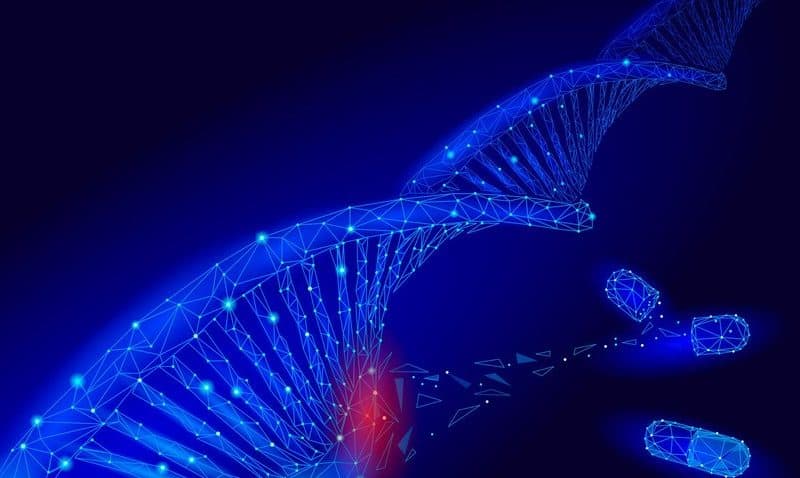Avrobio’s gene therapy for a rare lysosomal storage disorder showed potential durability in the first three patients more than one year after infusion. It’s a small patient group, but Avrobio hopes it will be big enough to chart a rebound after ditching a gene therapy program for Fabry disease last month.
The phase 1/2 trial is testing the safety and efficacy of the gene therapy in patients with cystinosis who had previously been given cysteamine, which is a common treatment that reduces the buildup of cystine crystals in the kidneys for people with the inherited disease.
The first three patients on the gene therapy, dubbed AVR-RD-04, remain off oral cysteamine between 12 and 26 months after the treatment infusion, Avrobio said Wednesday. A fourth patient received the therapy in November 2021. None of the patients have experienced adverse events to date due to the treatment, but have had mild or moderate side affects due to stem cell mobilization, underlying disease, preexisting conditions or myeloablative condition.
Investors barely reacted to the news as the markets opened. The company’s stock lost more than one-third of its value in early January after the company axed its gene therapy program in Fabry disease following Sanofi’s Fabrazyme approval. Shares have continued sliding since then reaching $1.75 apiece as of 9:58 a.m. ET on Wednesday.
The rare disorder is marked by an accumulation of the protein cystine in lysosomes, known as the cell’s recycling center. That influx of cystine influences tissue and organ damage.
Avrobio’s treatment includes a patient’s own hematopoietic stem cells that are genetically modified to turn on cystinosin to offset the protein deficiency in people with the inherited disease.
Biopsies of skin and intestinal mucosa, or the inner lining of the intestinal tract, showed the gene therapy led to one-year reductions in average crystals per cell of 35%, 64% and 81% in the three patients. Rectal biopsies showed a 53% reduction in the first patient after 18 months, and the other two patients experienced reductions of 28% and 86% after 12 months.
Essra Ridha, M.D., chief medical officer at Avrobio, said the interim results show proof-of-concept for using gene therapy with a patient’s own hematopoietic stem cells as a one-and-done option for the disease.
The University of California, San Diego sponsored the trial, which dosed the first patient in October 2019. Grant funding was provided by the California Institute for Regenerative Medicine, Cystinosis Research Foundation and National Institutes of Health.
With clinical proof-of-concept in hand, the gene therapy biotech now believes the data supports sponsoring a trial of its own. The FDA provided feedback at a Type C meeting, where the agency reviews development strategies, in fall 2021. The two parties will continue discussions this year with another trial likely starting in 2023 in the U.S., then the EU and UK, Avrobio said.

